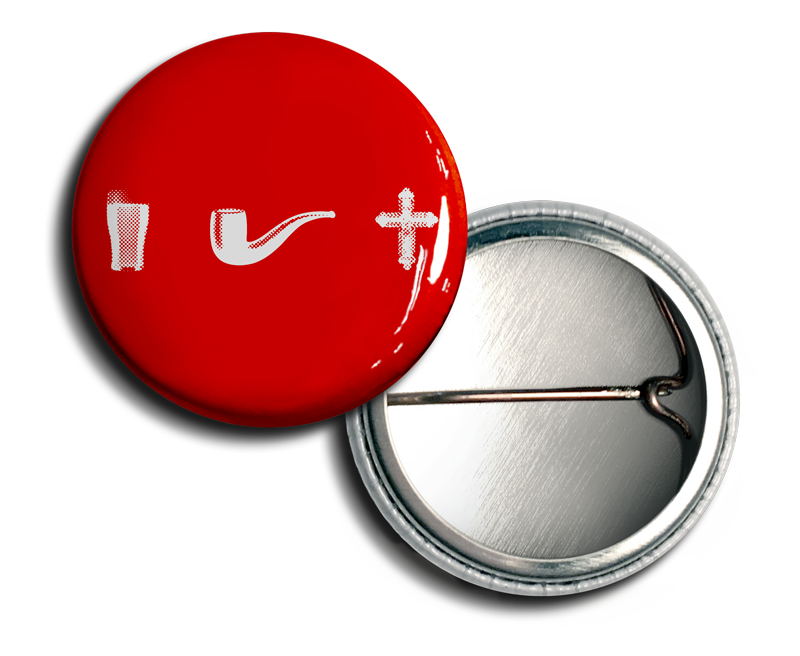
( )Ĭhesterton gives us the archetypal Christian and the archetypal atheist, embroiled in a series of exciting and often hilarious adventures throughout England as they try to find somewhere to duel in peace.Ĭhesterton's characters are so passionate and full of joy in life that while they are not particularly realistic, I always get the sense that they are what people should be if they would only be true to themselves and to what is really important. There is humor, particularly as the two main characters' battle royale is constantly being denied by circumstance.

Chesterton allows the reader to make up his or her own mind. MacIan and Turnball are well matched in their vigorous and various positions.

(Only now, Christopher Hitchens and Alistair MacGrath debate on YouTube about religious belief in a modern world.) My edition includes an excellent introduction by Martin Gardner, who describes the genesis of the book from many conversations between Catholic Chesterton and Robert Peel Glanville Blatchford, a "then widely read journalist who was an archenemy of Christianity." (Amazingly, upon the death of his wife, in 1923, Blatchford developed a belief in the afterlife and became a spiritualist!) I appreciate that Chesterton, in writing The Ball and The Cross, didn't take sides. Published in 1909, this book remains timely 100+ years later. Despite, or even because of, their differences, they come to like and respect the other, even as they vow to run him through with a sword.

Satire, humor and solid writing follow as various adventures and assorted characters interrupt their immolatory efforts. The Ball and the Cross follows Evan MacIan, a devout Catholic, and James Turnbull, an ardent atheist, on an engaging romp throughout England as they attempt to find a quiet spot to fight to the death over the supremacy of their respective ideologies.


 0 kommentar(er)
0 kommentar(er)
